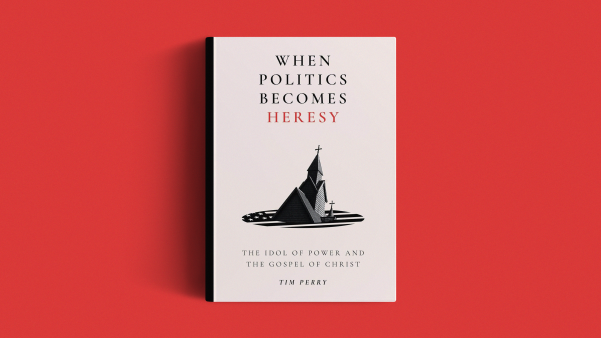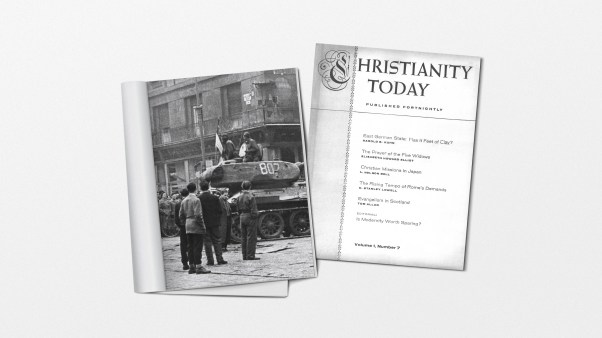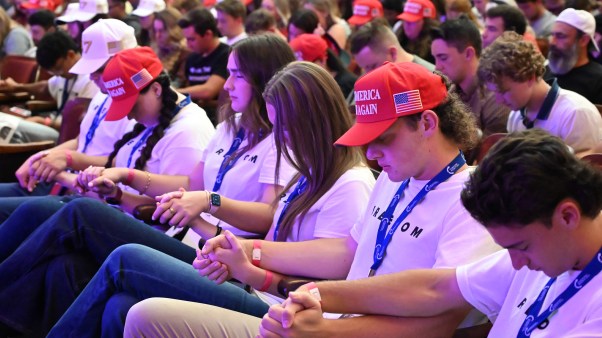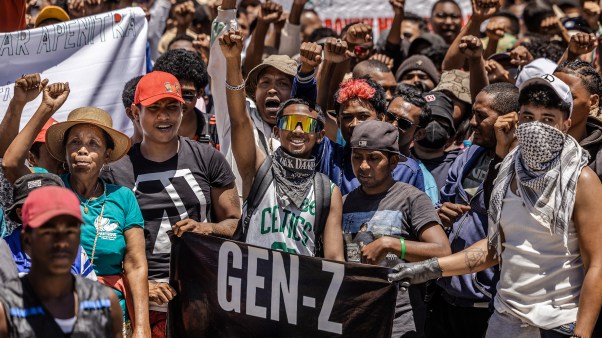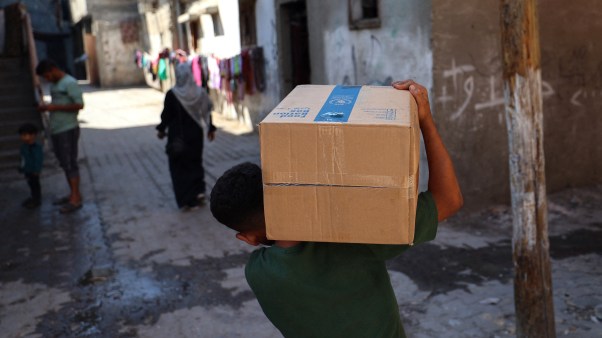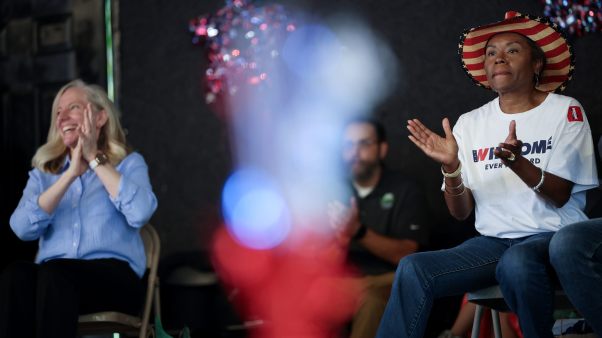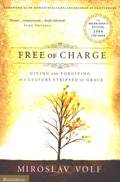 |
Free of Charge: Giving and Forgiving in a Culture Stripped of Grace Miroslav Volf (Zondervan) |
When it comes to contemplating forgiveness, Volf’s works stand head and shoulders above the crowd. Here he puts forgiveness into the larger context of the generosity of God and the generosity that God, in turn, desires of us.
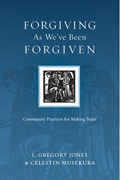 |
Forgiving As We’ve Been Forgiven: Community Practices for Making Peace L. Gregory Jones and Célestin Musekura (InterVarsity Press) |
Musekura’s first-hand experiences in post-genocide Rwanda and Jones’s theologically rich insights create a thought-provoking and practical guide. Notable themes include community, truth-telling, and the burden of memory.
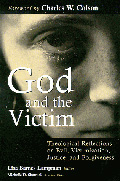 |
God and the Victim: Theological Reflections on Evil, Victimization, Justice, and Forgiveness Edited by Lisa Barnes Lampman (Eerdmans) |
I own two copies of this collection of essays from theologians, experts, and practitioners since my first is unreadable from all the underlining. Unlike so many examples of mere exhortation to forgive, this book breathes with compassion for victims.
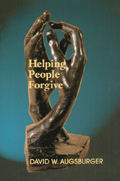 |
Helping People Forgive David W. Augsburger (Westminster John Knox Press) |
This book should be in the hands of all clergy and counselors who grapple with how to encourage others to forgive. The discussion on moving toward mature reconciliation is more than worth the price.
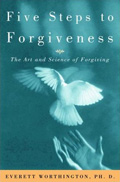 |
Five Steps to Forgiveness: The Art and Science of Forgiveness Everett Worthington (Crown) |
Worthington, one of the world’s experts on forgiveness, gives a straightforward self-help guide. His depth of clinical research is matched only by his personal experience of wrestling with forgiving those who murdered his elderly mother.
Copyright © 2011 Christianity Today. Click for reprint information.
Related Elsewhere:
Catherine Claire Larson is author of As We Forgive.
Free of Charge¸Forgiving As We’ve Been Forgiven, God and the Victim, Helping People Forgive, and Five Steps to Forgiveness are available from ChristianBook.com and other book retailers.
Previous Top 5 lists have featured dating, poetry, C.S. Lewis, the historical Jesus, family ministry, the problem of evil, biographies of theologians, orphans, prayer,doubt, community, sports, parenting, Advent, life ethics, emerging movement, Islam, loss, Calvin, spiritual memoirs, neglected doctrines, spiritual memoirs, marriage, Lent, fiction books for the soul, managing your money, devotionals, how character shapes belief, food, atheism, China, presidents, world Christianity, ancient-future faith, the civil rights era, social justice, church history, popular culture, the Civil War, apologetics, atheism, and sex.
Christianity Today has more music, movies, books, and other media reviews.



